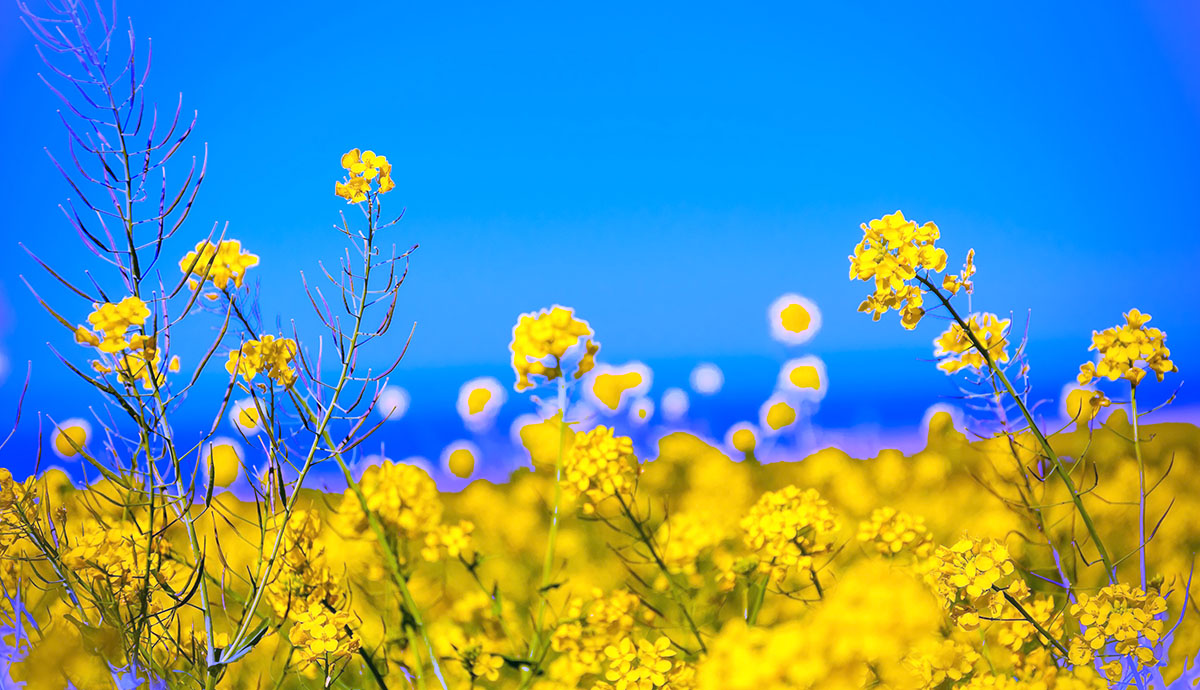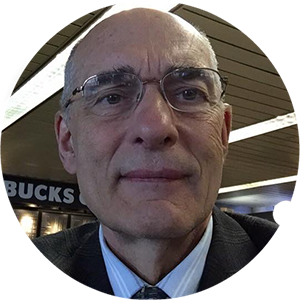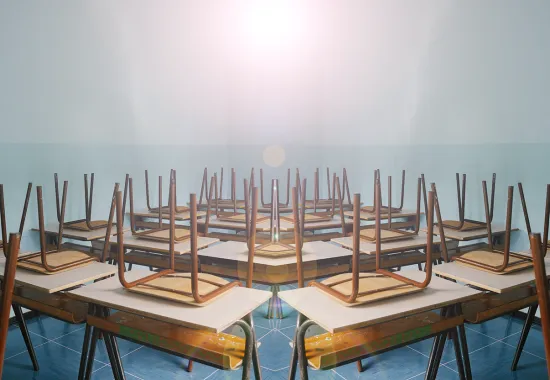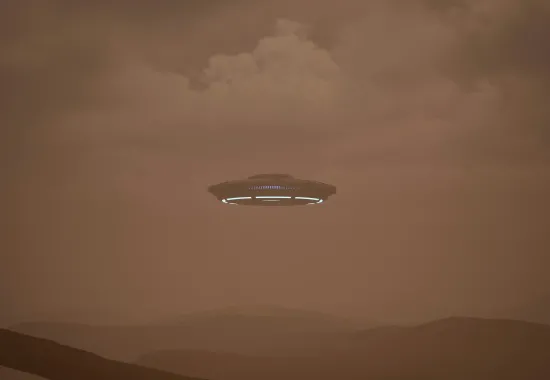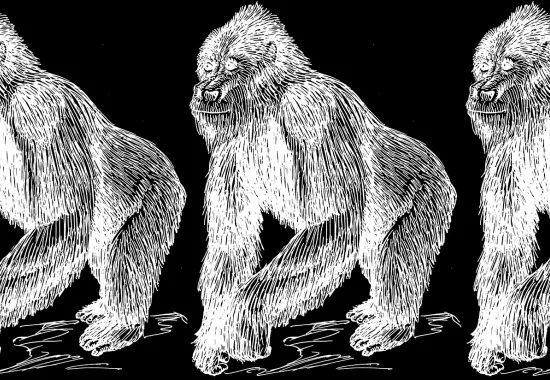The End of the World
My father used to say this all the time, “It’s the end of the world.” He’d say it as a joke. He had seen the world end once before with his own eyes. He had been in a prisoner in Buchenwald concentration camp for 4 years during World War II. There he had seen his friends crucified, hanged, frozen to death. After the war, he had spent 6 years in a refugee camp in Germany, waiting for some country to welcome him and our family in.
And still he joked that the world was ending. Whenever anybody complained about anything, he’d start in joking about how it was the end of the world.
As a kid, if I lost my favorite cats-eye marble or my oldest baseball, I’d get teary-eyed. And that’s when my dad would start. He would shake his head, put on a pretend frown, and say in Polish, “świat się kończy.”
The world is ending.
What could I do with the sorrow I felt? I shrugged like he did and said the same thing he said, “świat się kończy.”
I’d say that and move on to the next bit of life I needed to live—even if I couldn’t find my favorite marble or that special baseball.
Sometimes while watching the stuff about the coronavirus pandemic on the news, I feel like I’m hearing over and over that our world is ending. In fact, journalists and commentators and even politicians are actually saying this. They’re saying that the world we now know and live in is coming to an end and it will never ever be the same, not in our lifetime or the lifetimes of our kids and our grandkids.
Is the world ending?
I don’t know.
What I do know is that I took a walk this morning with my granddaughter Lulu. It sure didn’t feel like the world was ending. The summer sun was there, brighter and warmer than it’s been in months, and I heard sparrows and finches chattering about what they were eating. Up the street, four kids were balancing themselves on a curb and seeing who could walk the longest without falling. A moment later, a mother and her toddler walked past us on the other side of the street. The mom was holding her daughter’s hand, and her daughter was pointing at some yellow flowers that had just started blooming.
świat się kończy?
Recommended
Encounter
Schizophrenic Sedona
Recense (realized)


